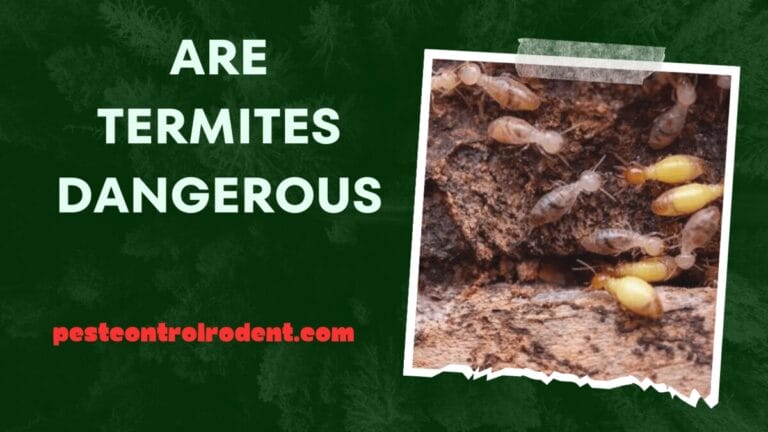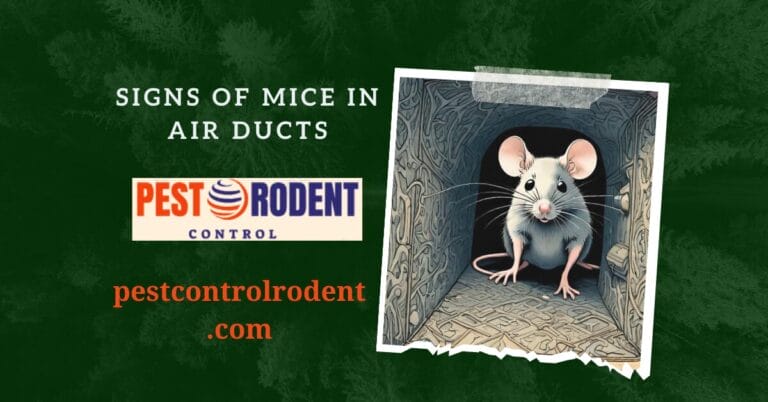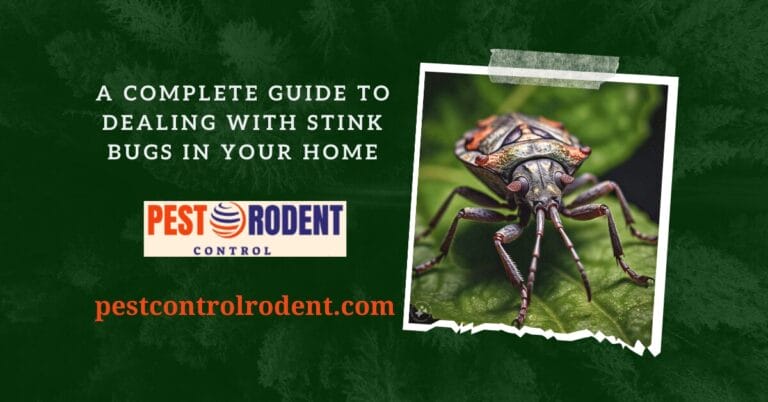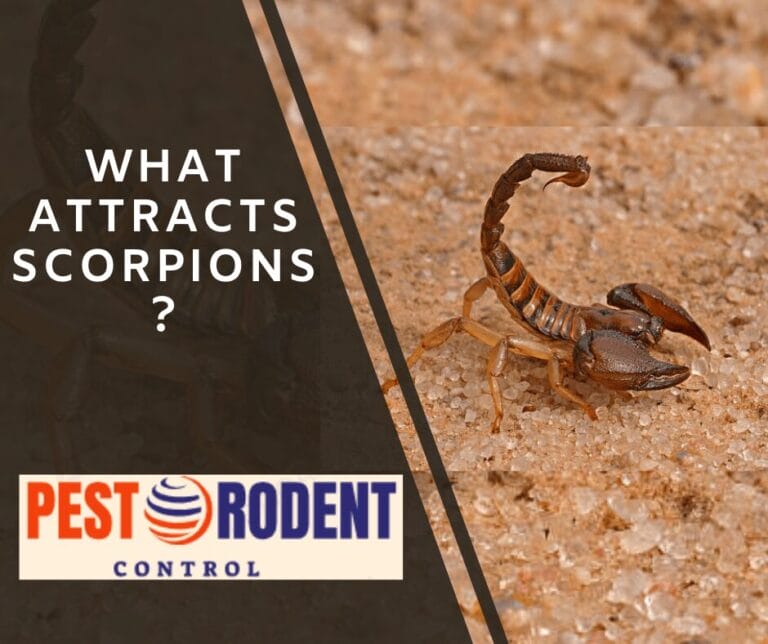What Exactly Is a Termite Bond?
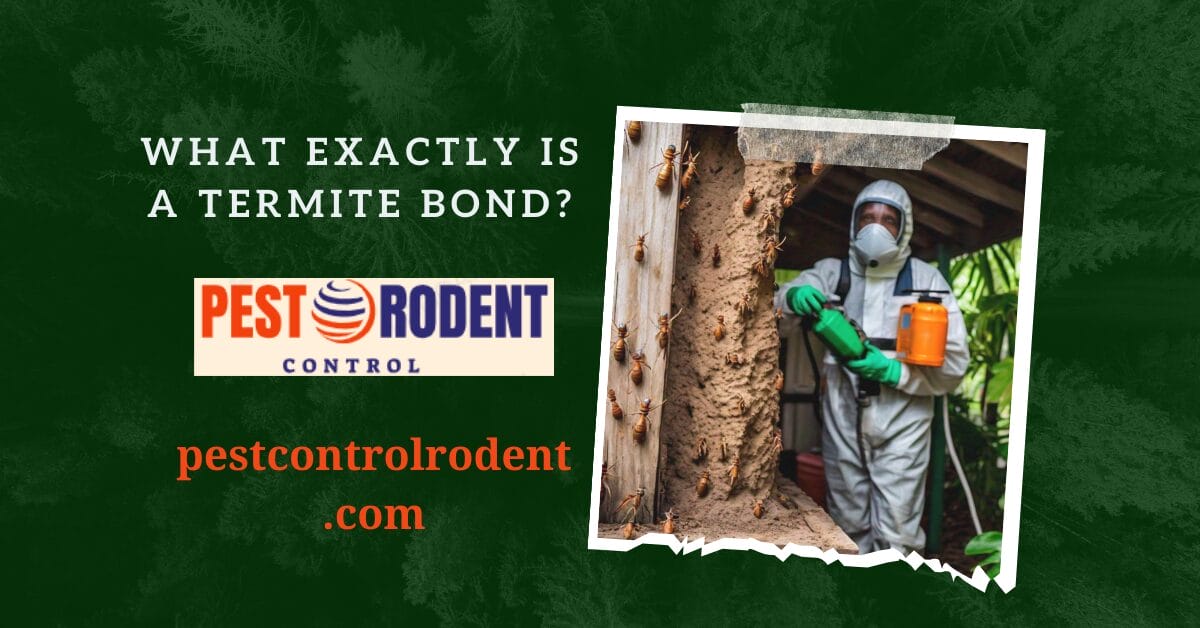
What Exactly Is a Termite Bond?
Have you ever heard of What Exactly Is a Termite Bond? and wondered what it really entails? Termites are a common nuisance that can wreak havoc on homes, causing damage that be both expensive and frustrating to deal with. In regions where termite infestations are prevalent, having a termite bond in place can provide peace of mind and financial protection. In this blog post, we will delve into what exactly a termite bond is, why it is important, and how it can benefit homeowners in the long run.
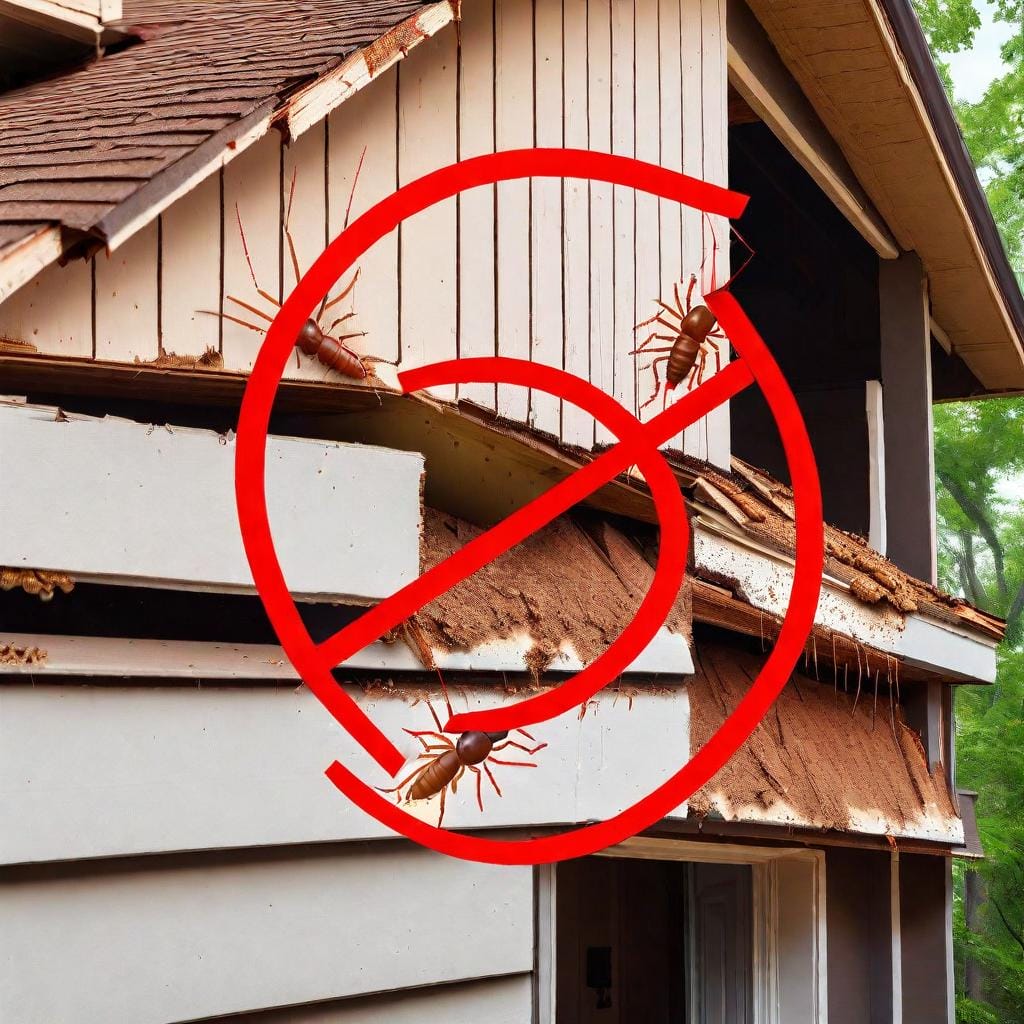
What is a Termite Bond?
A termite bond, also known as a termite protection plan, is a contract between a homeowner and a licensed pest control company to protect the property from termite infestations. This agreement typically includes regular inspections, treatment if termites are found, and in some cases, repairs for termite damage.
Termite bonds come in various forms, ranging from basic plans that cover only inspections to more comprehensive options that include treatment and repairs. The specifics of the termite bond can vary depending on the pest control company and the extent of coverage chosen by the homeowner.

Why is a Termite Bond Important?
1. Prevention is Key
One of the primary benefits of having a termite bond is prevention. Regular inspections carried out by trained professionals can help detect termite activity early on before significant damage occurs. By catching termites in their early stages, homeowners can avoid costly repairs down the line.
2. Financial Protection
Termite damage is not typically covered by homeowners insurance, which means that repairs can quickly add up in case of an infestation. A termite bond provides financial protection by covering the costs of treatment and repairs, saving homeowners from bearing the full burden of termite-related expenses.
3. Peace of Mind
Knowing that your home is protected against termites can offer peace of mind. Rather than worrying about potential infestations and the associated costs, homeowners with a termite bond can rest assured that their property is in good hands.
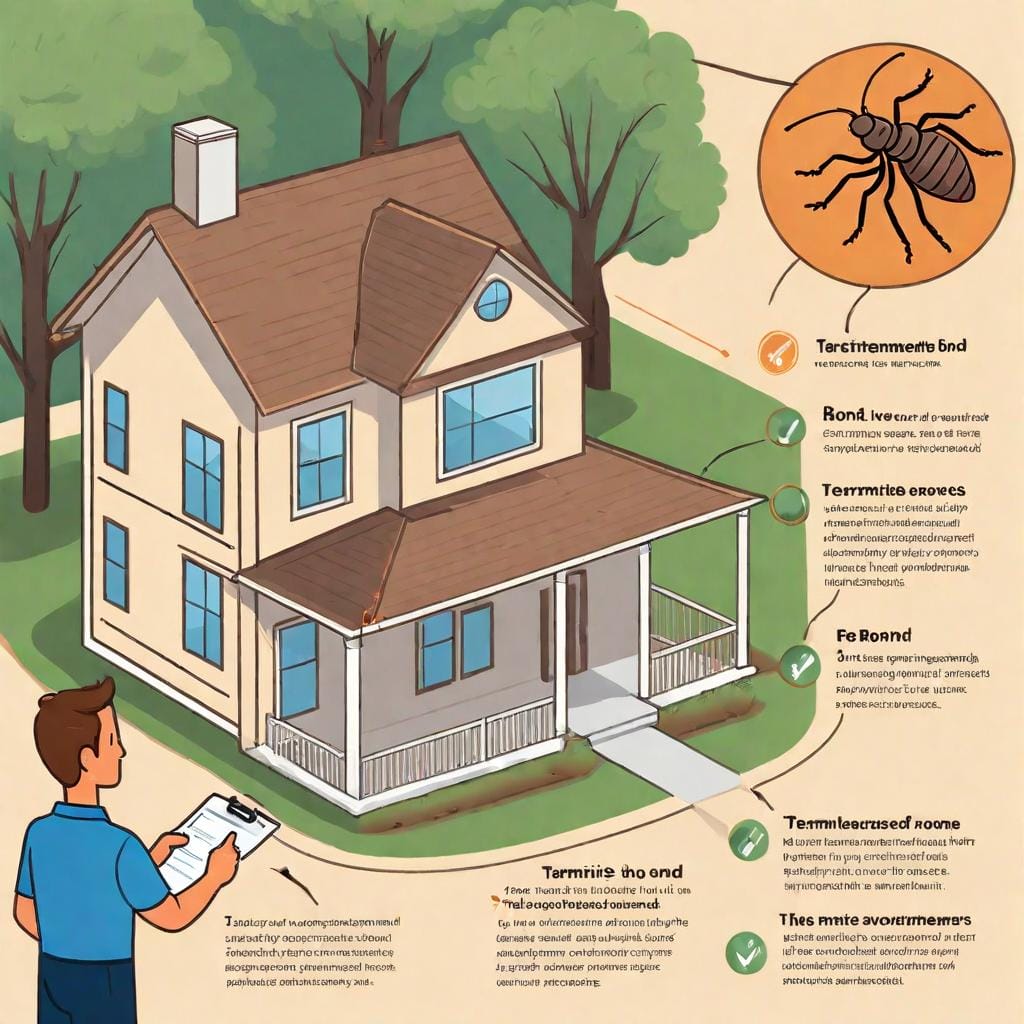
How Does a Termite Bond Work?
1. Initial Inspection
The process usually begins with an initial termite inspection to assess the property for evidence of termites. If no termites are found, the pest control company may recommend preventative measures to reduce the risk of infestation. If termites are present, treatment will be initiated.
2. Ongoing Monitoring
After the initial inspection, regular inspections are scheduled to monitor termite activity and ensure that the property remains termite-free. These inspections are crucial for early detection and prompt treatment if termites are detected.
3. Treatment and Repairs
If termites are found during an inspection, the pest control company will administer treatment to eliminate the infestation. In some cases, the termite bond may also cover repairs for any damage caused by the termites, restoring the property to its original condition.
Types of Termite Bonds
1. Retreat and Repair Bond
This type of bond includes treatment for termite infestations as well as repairs for any damage caused by the termites. It offers comprehensive coverage that addresses both the immediate issue of termites and the aftermath of their presence.
2. Inspection Bond
An inspection bond focuses on regular inspections to monitor termite activity and detect infestations early on. While this type of bond may not include treatment or repairs, it is a cost-effective option for homeowners seeking preventative measures.
3. Full Coverage Bond
A full coverage bond combines all aspects of termite protection, including inspections, treatment, and repairs. This comprehensive option provides homeowners with complete peace of mind, knowing that their property is fully safeguarded against termites.
Is a Termite Bond Worth It?
+ Pros
- Financial protection against termite damage
- Peace of mind knowing your property is secure
- Prevention of costly repairs through early detection
- Expert inspections and treatment by licensed professionals
– Cons
- Ongoing costs for inspections and coverage
- Exclusions and limitations in the terms of the bond
- Dependence on the pest control company for services
In Conclusion
In conclusion, a termite bond is a valuable investment for homeowners looking to protect their property from termite infestations. By providing financial protection, peace of mind, and preventative measures, a termite bond offers numerous benefits that can save homeowners time, money, and stress in the long run. If you are considering a termite bond for your home, be sure to research your options, compare plans, and choose a reputable pest control company which use essential techniques to ensure the best coverage and service for your needs. Don’t wait until termites start causing damage – take proactive steps to safeguard your property with a termite bond today!

